Is your small business really ethical?
If you know me or have spent much time on my social media accounts, you'll know one of the things that I'm passionate about is ethical trading and sustainability. It's something that I've been involved with for years (I bought my first book on the subject aged 8 and from then on insisted that all bath water must be recycled because there was a drought in Africa, much to the displeasure of my parents!) and I've been really happy to see that in recent years consumer interest in this issue has been increasing. I'm hoping that the release of the high profile Leonardo Di Caprio documentary 'Before The Flood' and the media coverage around it will highlight the issue even more and we'll start to see some real change in the coming year.
As someone who's previously had a handmade shop, I like to support both small shops and ethical trading where possible when shopping. As most people do, I had a lot of shopping to do over Christmas and took to a number of handmade marketplaces looking for the perfect ethically sourced gift. I was thrilled to find that hundreds of results came up in my search. However, upon closer inspection and after contacting some of the sellers, I found that search terms such as 'ethical', 'environmentally friendly', 'sustainable' and 'against animal testing' had (unbeknown to them) been incorrectly used, or worse, used just because it's a 'buzzword'. This experience has provided me with even more encouragement and drive to educate people and in particular small businesses on what exactly they are promoting and buying into. I genuinely believe that a lot of people are open to changing their shopping habits and buy with a conscience, but there needs to be more guidelines and easy to understand information - so I'm going to attempt to provide that!
I'm not going to lie, it can be extremely difficult and at times feels impossible to be truly ethical and sustainable. It's a complex topic and involves asking lot of questions as a business, doing the research and sourcing reliable suppliers. In this first post on ethical trading, I'm going to cover the basics and things to consider if you're a small, handmade seller.
Who is making the product?
This was a common misconception I discovered when speaking to handmade sellers. They thought that because they made the end product, their product was automatically ethical. On the surface of it, you can see their thinking - 'I've made it, I've been treated fairly in nice working conditions, it's safe, no-one is working against their will, there's no child labour....etc'. However, who made the components? The paint, the fabric, the zipper, the packaging materials, the paper? In most cases, as a small business owner, you have no idea, the materials were bought from a shop and it's impossible to trace the origin. In this case, you can't claim that your product is 'ethically sourced', as in reality you have no idea the circumstances the materials were made in. Even if the raw materials are US or European made, for example, there's no guarantee they were made in fair conditions, the sad truth is that even in developed countries in this day and age child labour still exists illegally. I know that's a harsh truth that none of us want to hear or accept, but it's a reality that needs to be changed.
What are the raw materials and where do they come from?
We all know that deforestation can be devastating to animals and the environment, but many small businesses may not consider the impact they have on this. Thankfully these days we do see options for sustainable or recycled paper available for purchase and we have the option to change our shopping habits in order to buy a more eco-friendly option. But what about other products derived from trees, or plants? A surprising number of everyday fabrics are made from trees, such as rayon, modal and viscose. I recently shared this Vogue article on twitter, where Stella McCartney speaks about deforestation for viscose production, saying '120 million trees are cut down a year for it and so as soon as we knew that we didn't want to be a part of it'. McCartney has now successfully sourced viscose from sustainably managed forests. As a small business owner, you can look for suppliers who are credited as being sustainable. For example, if you buy fabric you can purchase from manufacturers who have a 'sustainable fabric certification' awarded by SCS Global Services.
How were the materials produced?
So, you've established who made the raw materials and where they were sourced from. Another question you can ask is, how were the materials produced? This will obviously vary hugely between industries, but speaking from an apparel point of view, what I look for in particular is the dye process. Dying fabric uses a huge amount of water, often in areas where water is a precious commodity, it also uses a lot of chemicals that can be harmful. Are the harmful chemicals just being poured into the local rivers, is it harming the wildlife, are people drinking it? Thankfully, there are companies and suppliers around who develop eco friendly fabrics and dyes, so you don't have to do all of the detective work yourself, you can look out for materials that have been credited as eco-friendly. This website has a list of trusted labels that appear on fabrics and products; Ecolabel Index.
This is only the tip of the iceberg, but as you can already see there's a lot of steps that go into ensuring that a product can be branded as 'eco-friendly', 'sustainable or 'ethical'. Hopefully this post has given some food for thought, I think the one key takeaway as a small business owner is to think about the whole picture, all of the components that go into your products, rather than just the elements that you control. If it's too intimidating to take on all of these steps at once, just try one at a time. I'm a big believer in small steps and strongly feel a small positive change is much better than thinking about it and doing nothing.
I really hope you enjoyed this post, if you have any feedback I'd love to hear it in the comments section below. If you're interested in learning more about this topic, you can sign up to the mailing list to receive updates on new posts. Thanks for reading!
I hate spam too - if you sign up to this email list, your details won't be sold or leased to anyone else. I will email you from time to time with helpful content and occasional offers, which you can unsubscribe from at any time.

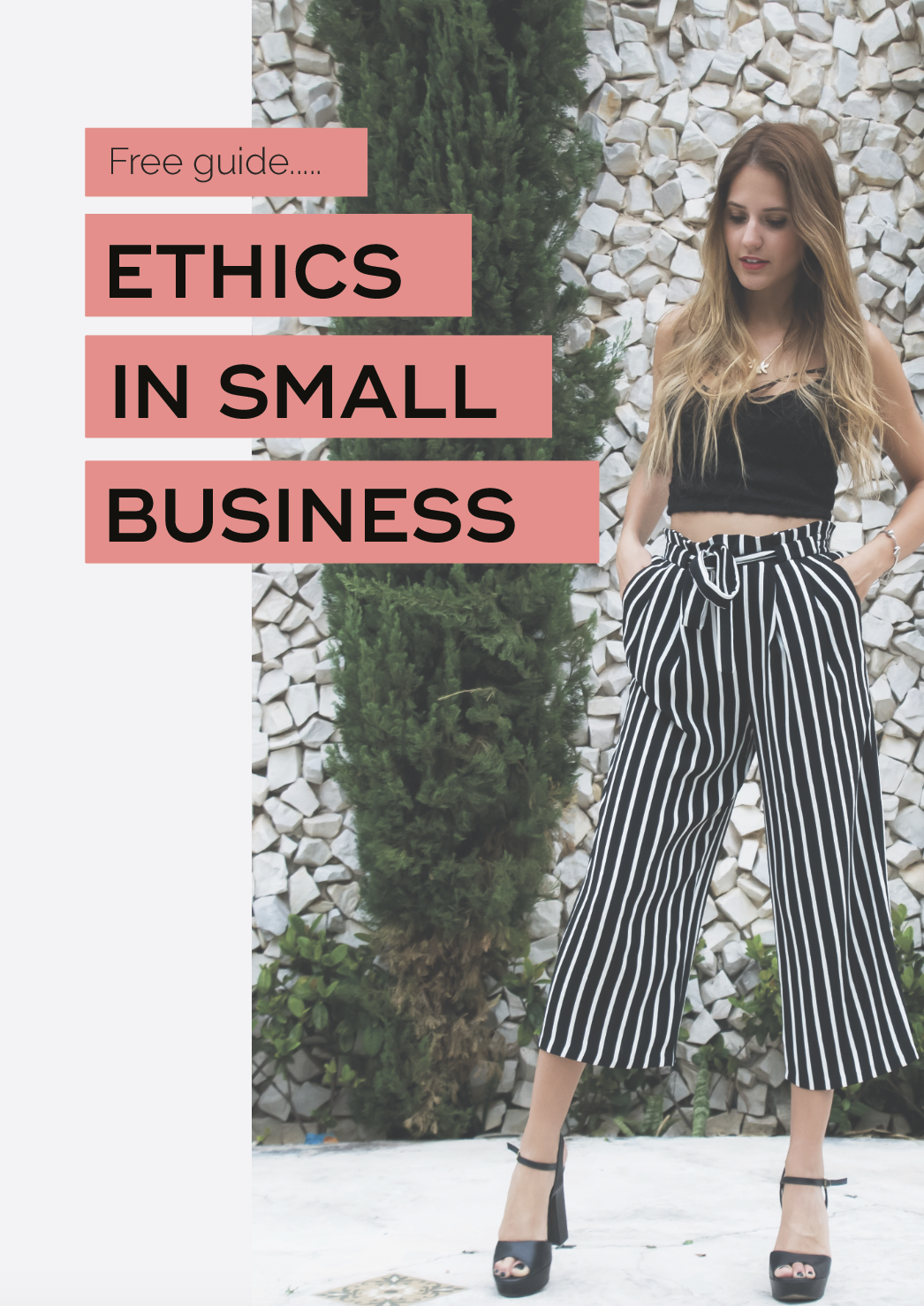
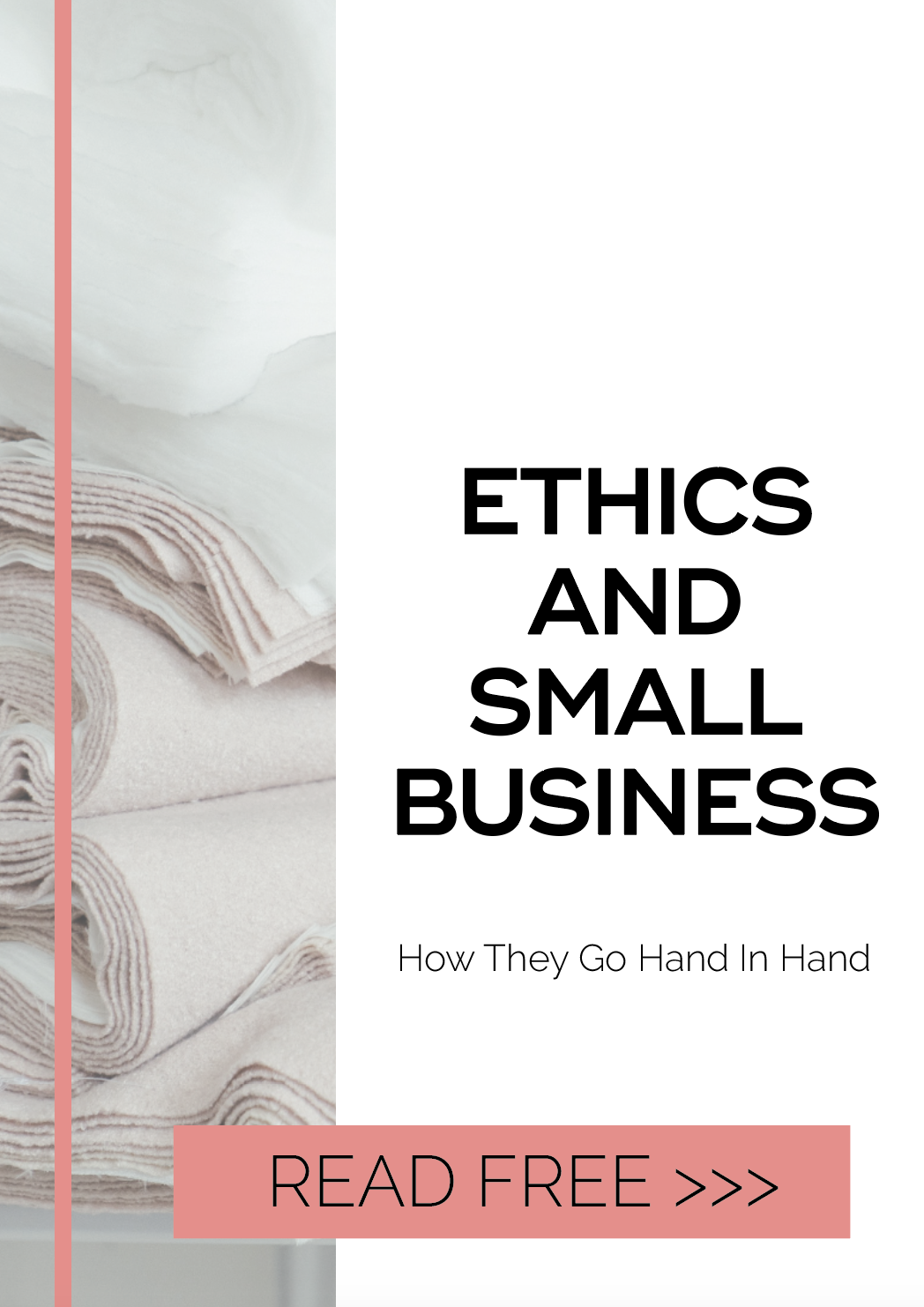
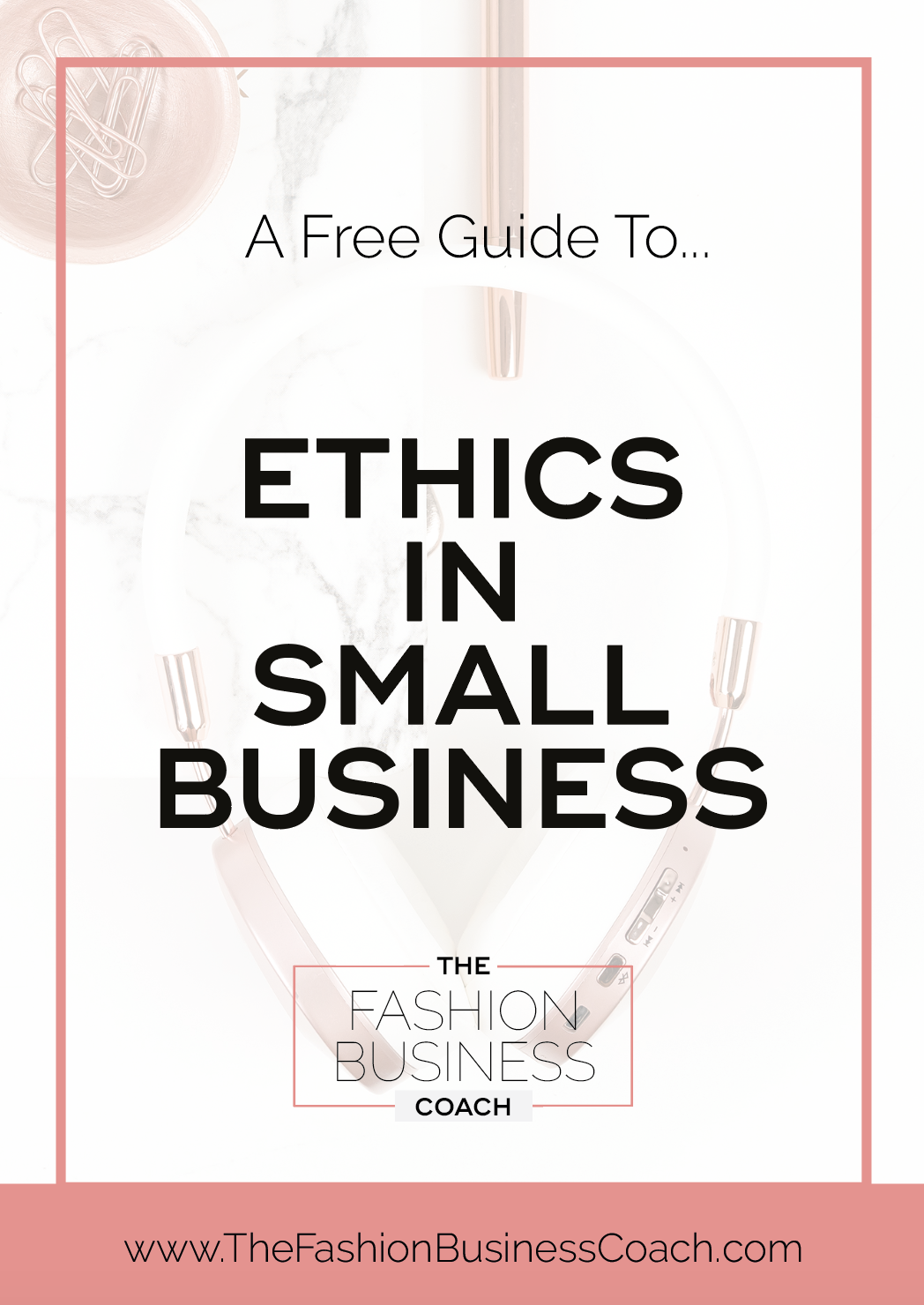
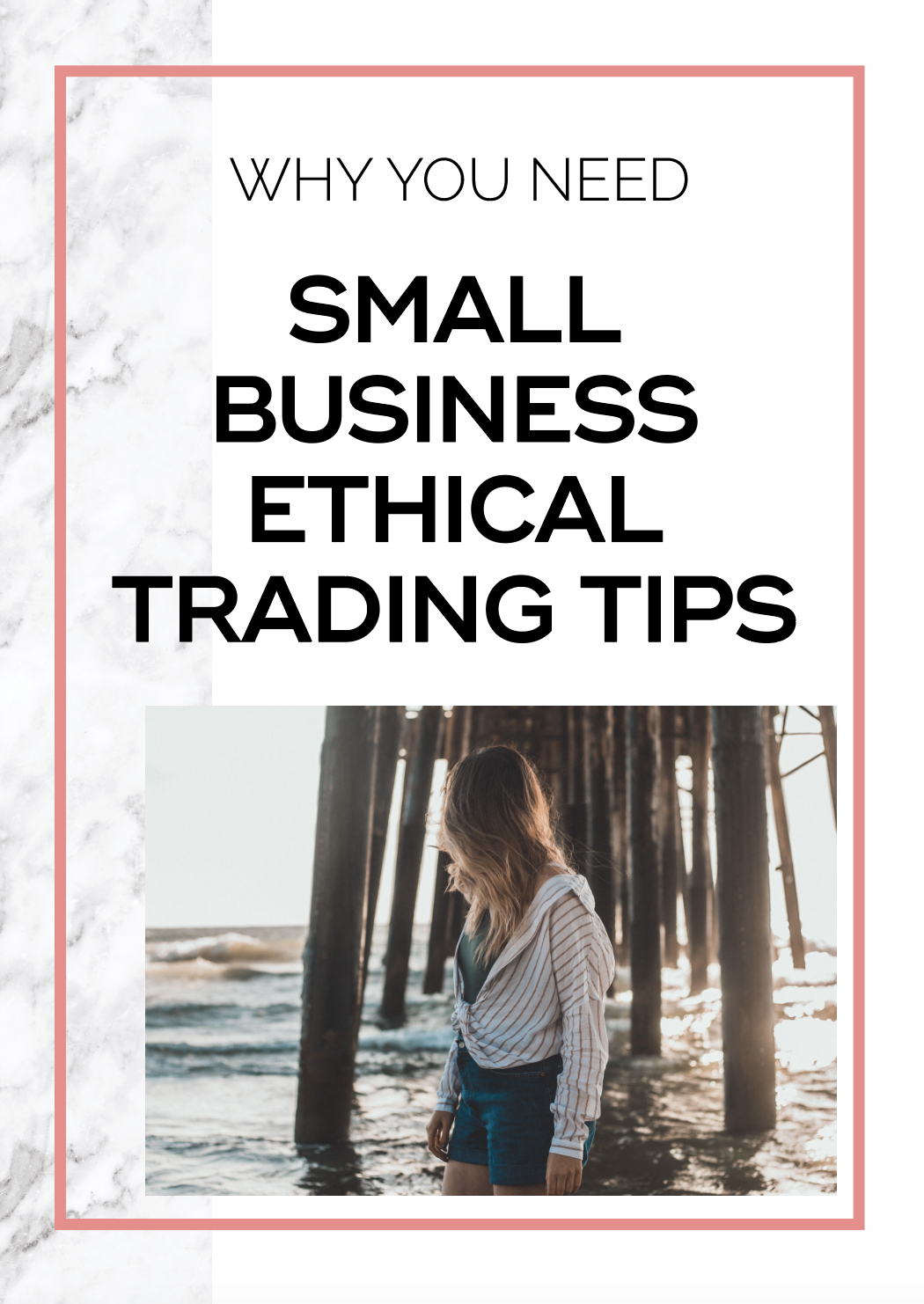
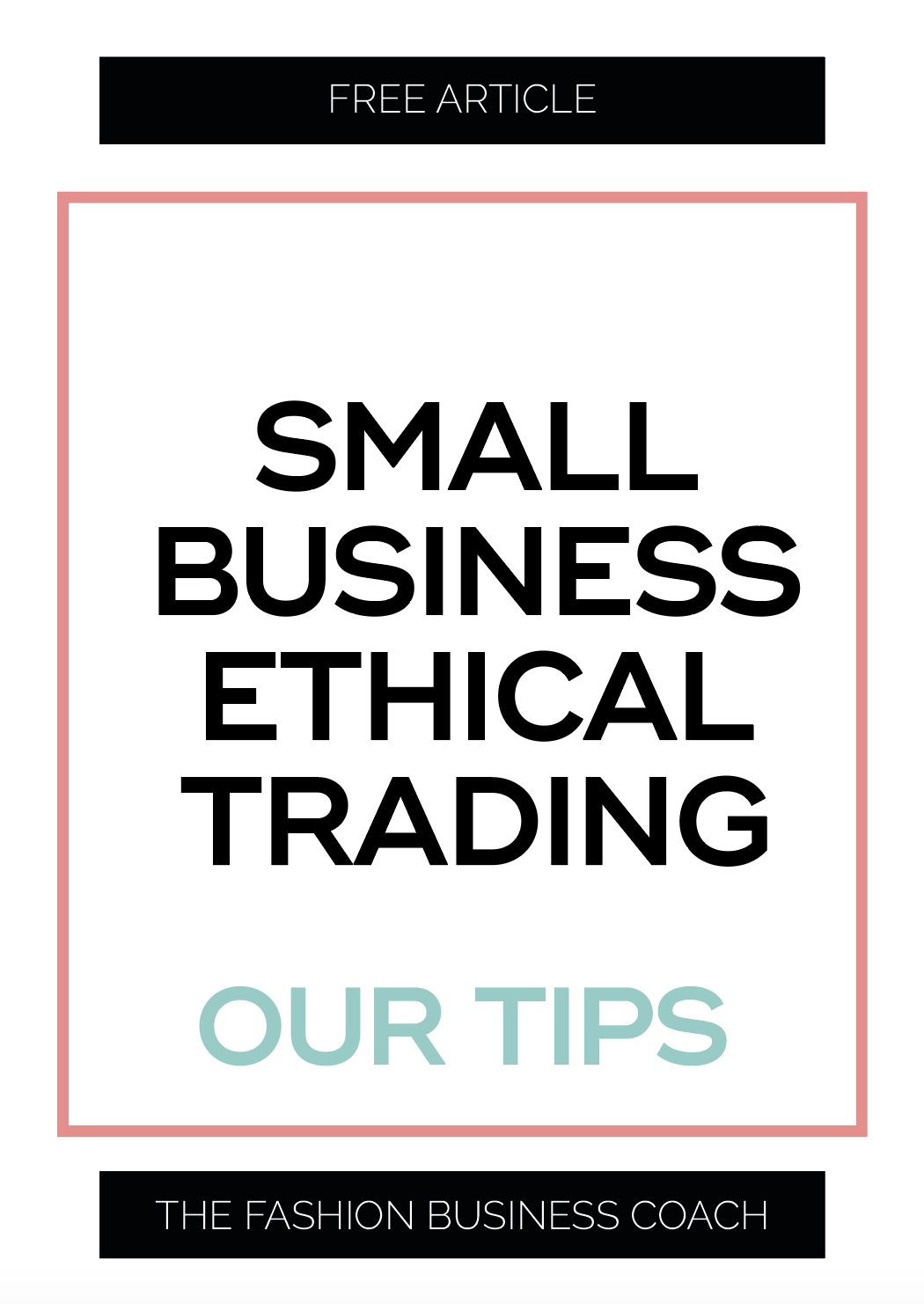
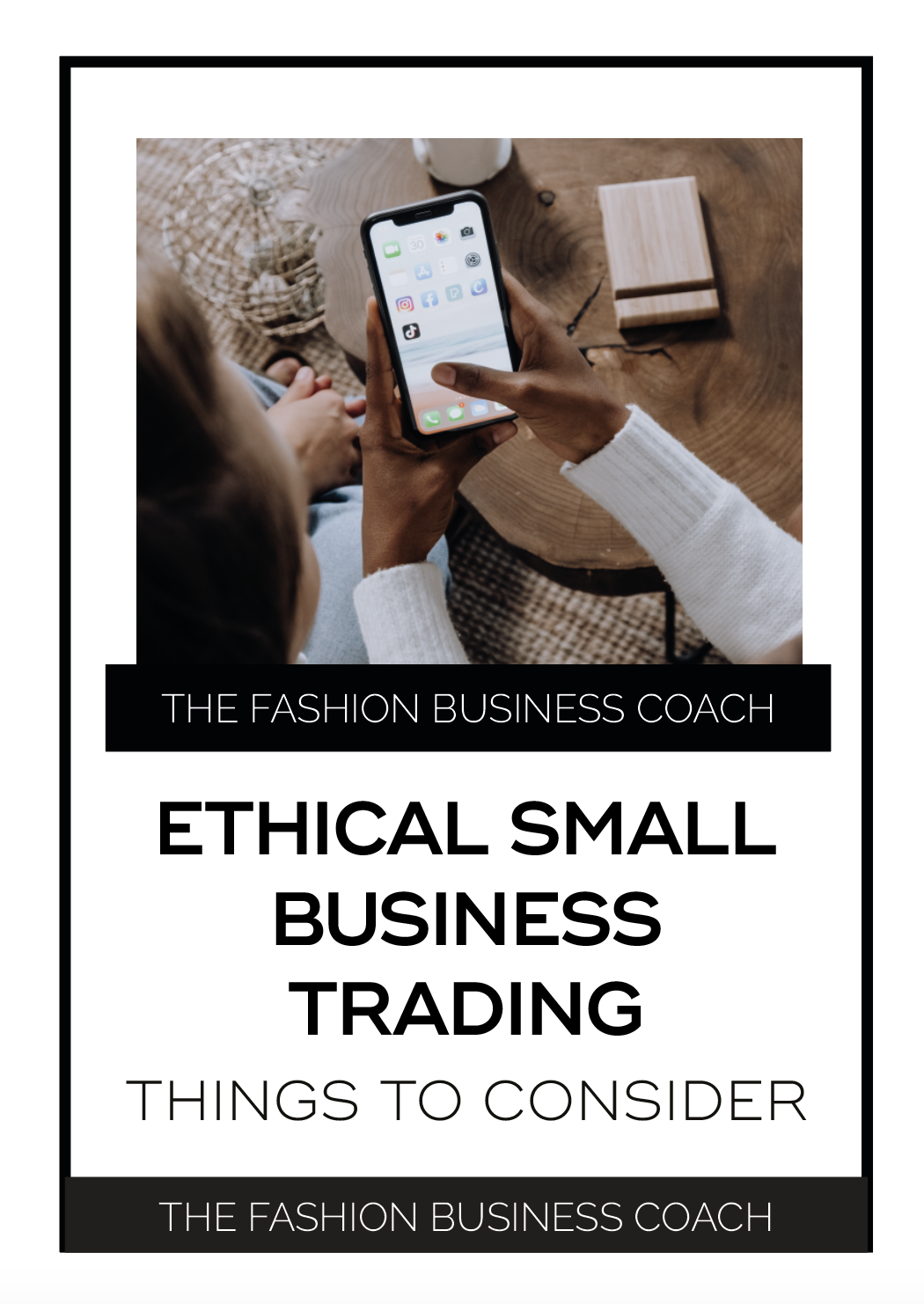
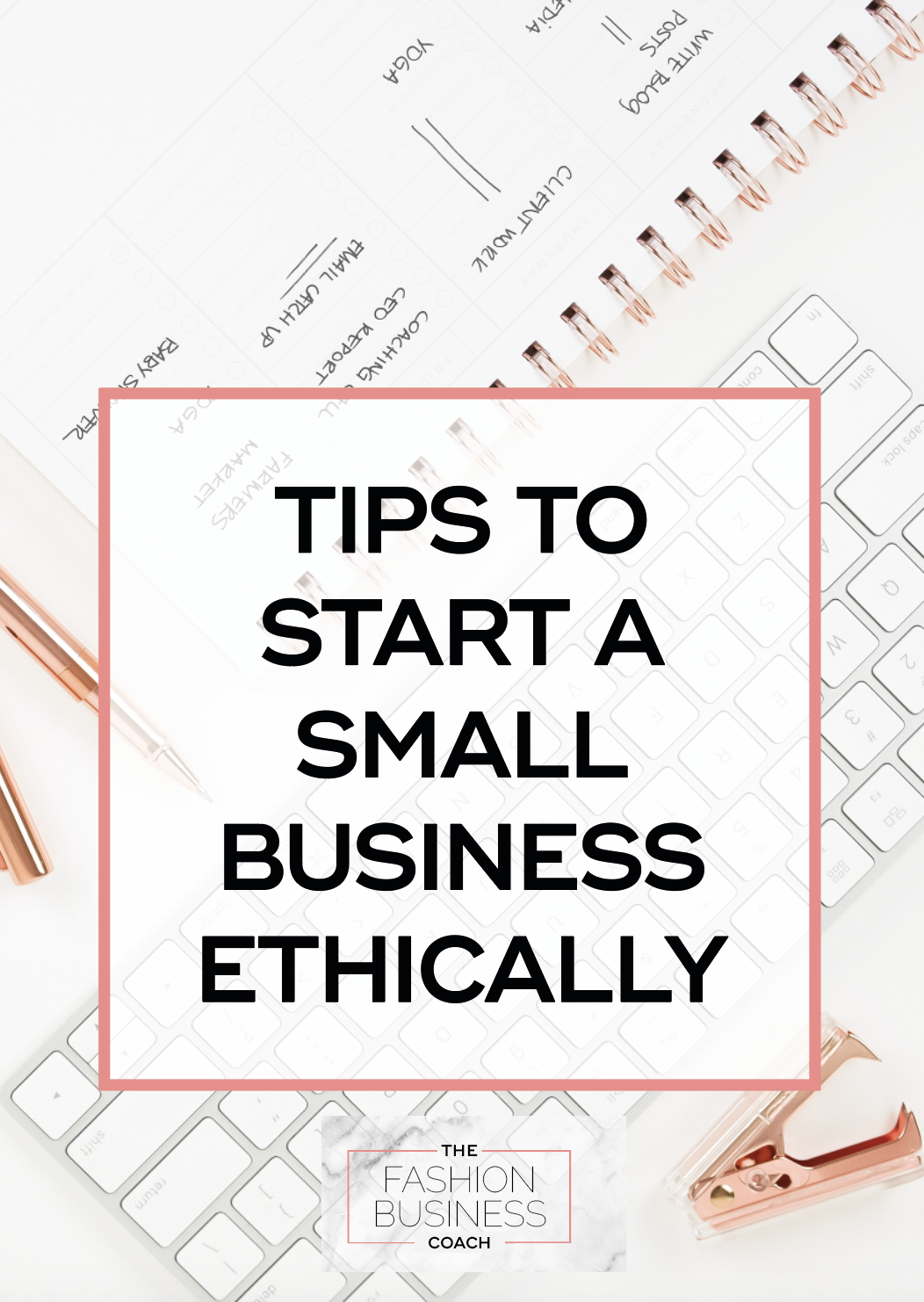
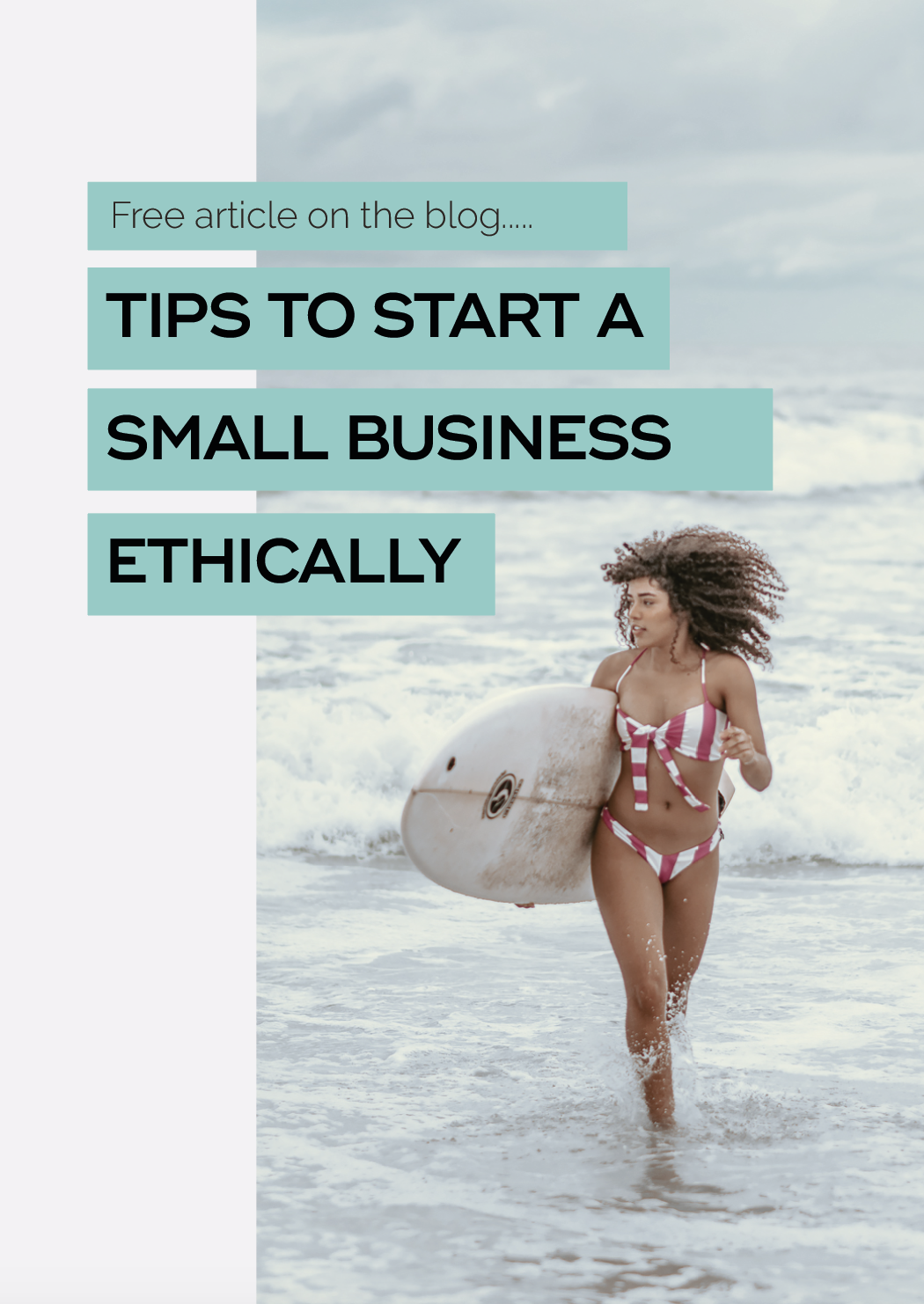
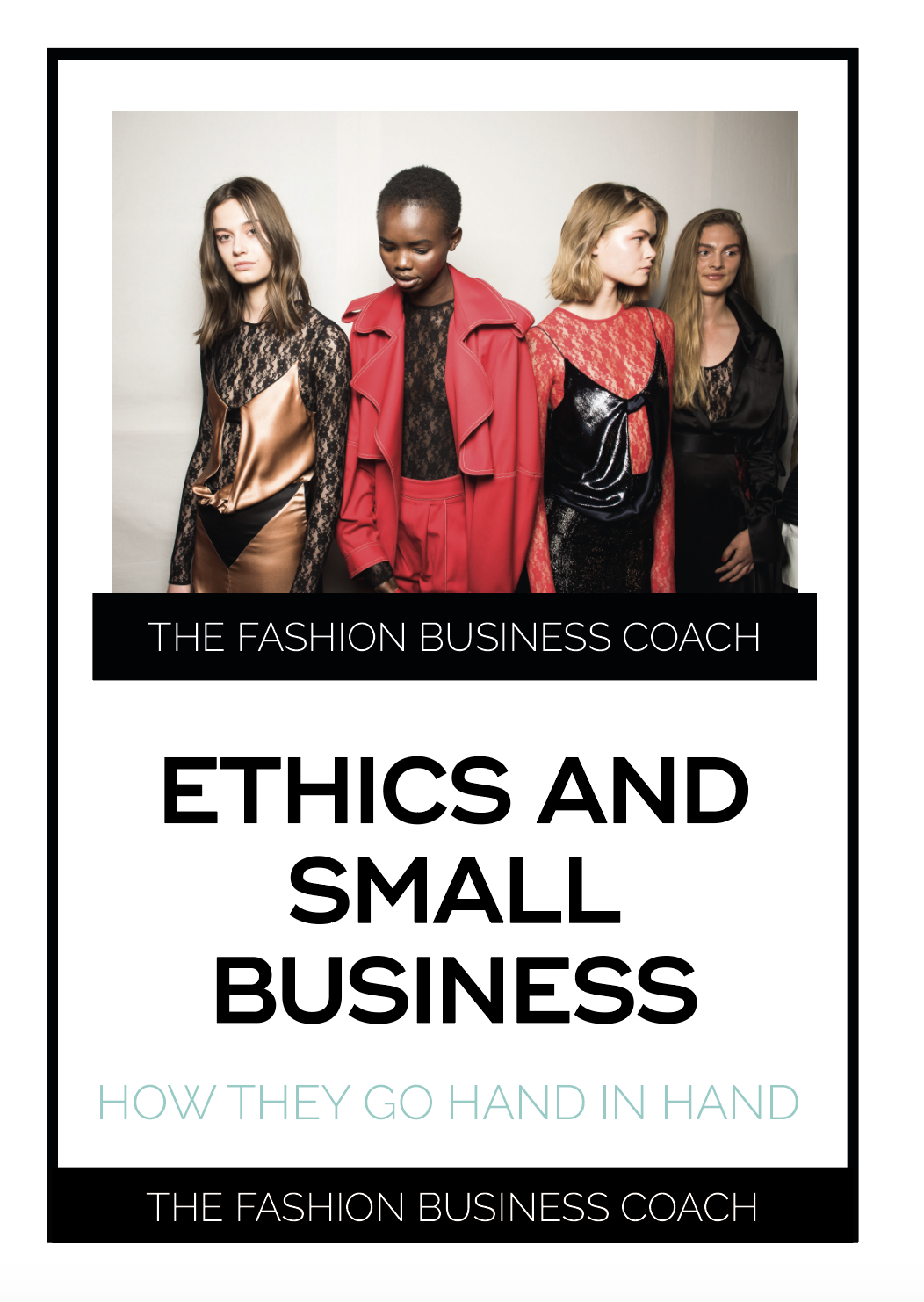
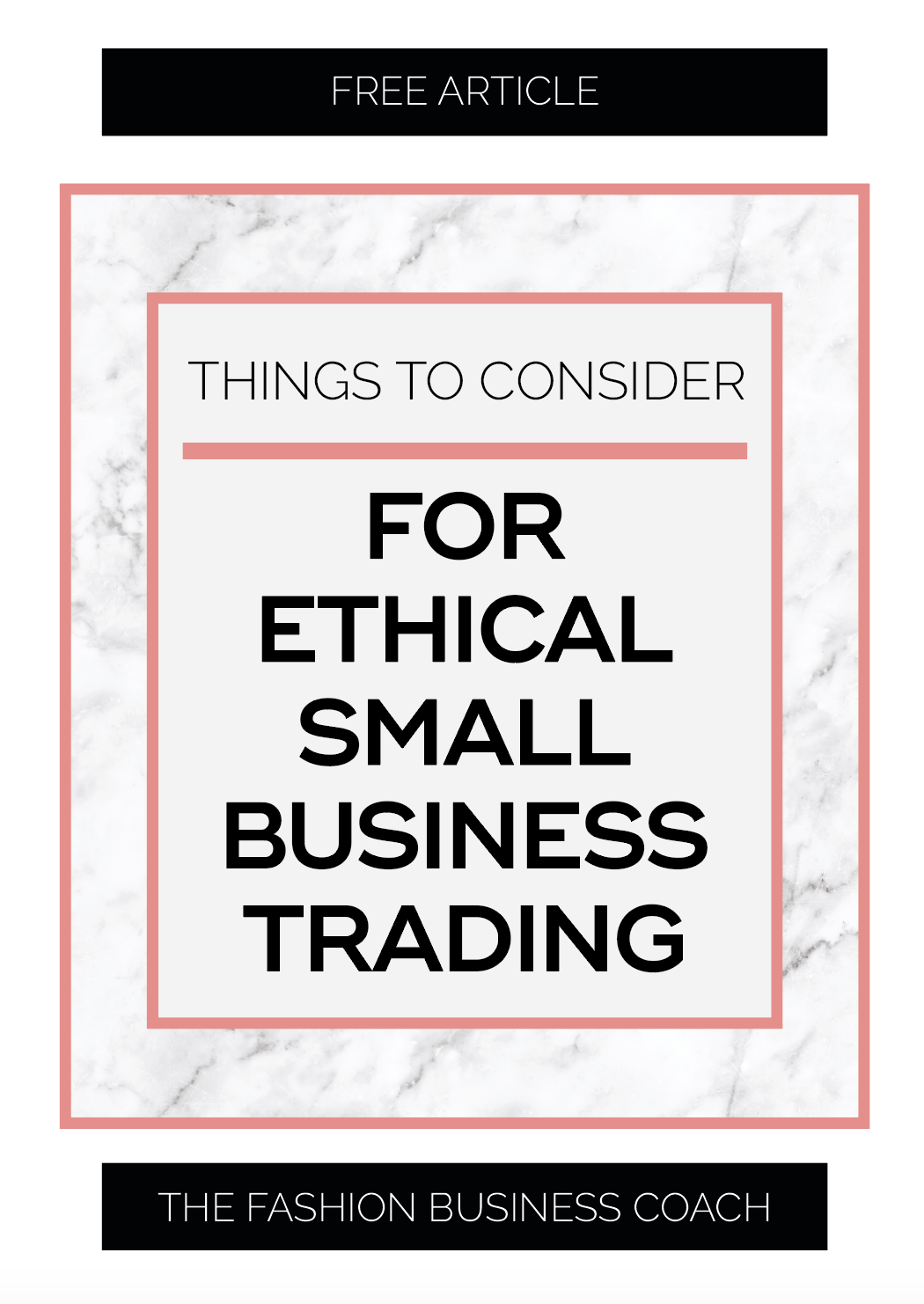
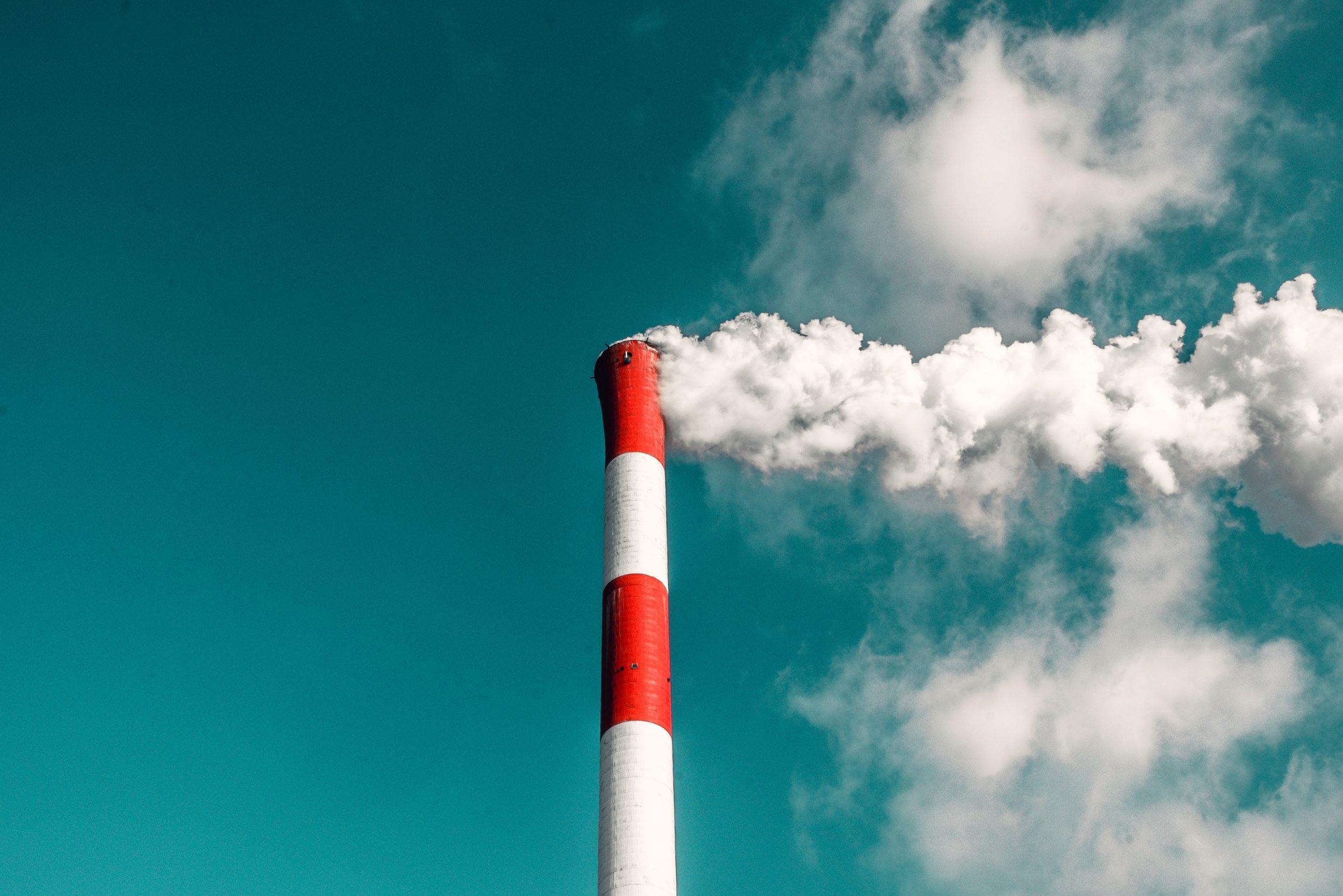












A lot of people want to be more aware of their environmental + social impact, but many don't know where to begin making positive change. Here's a few places to start....